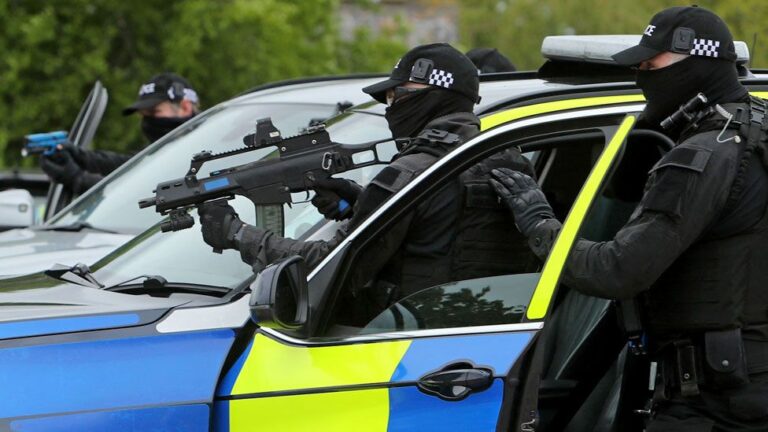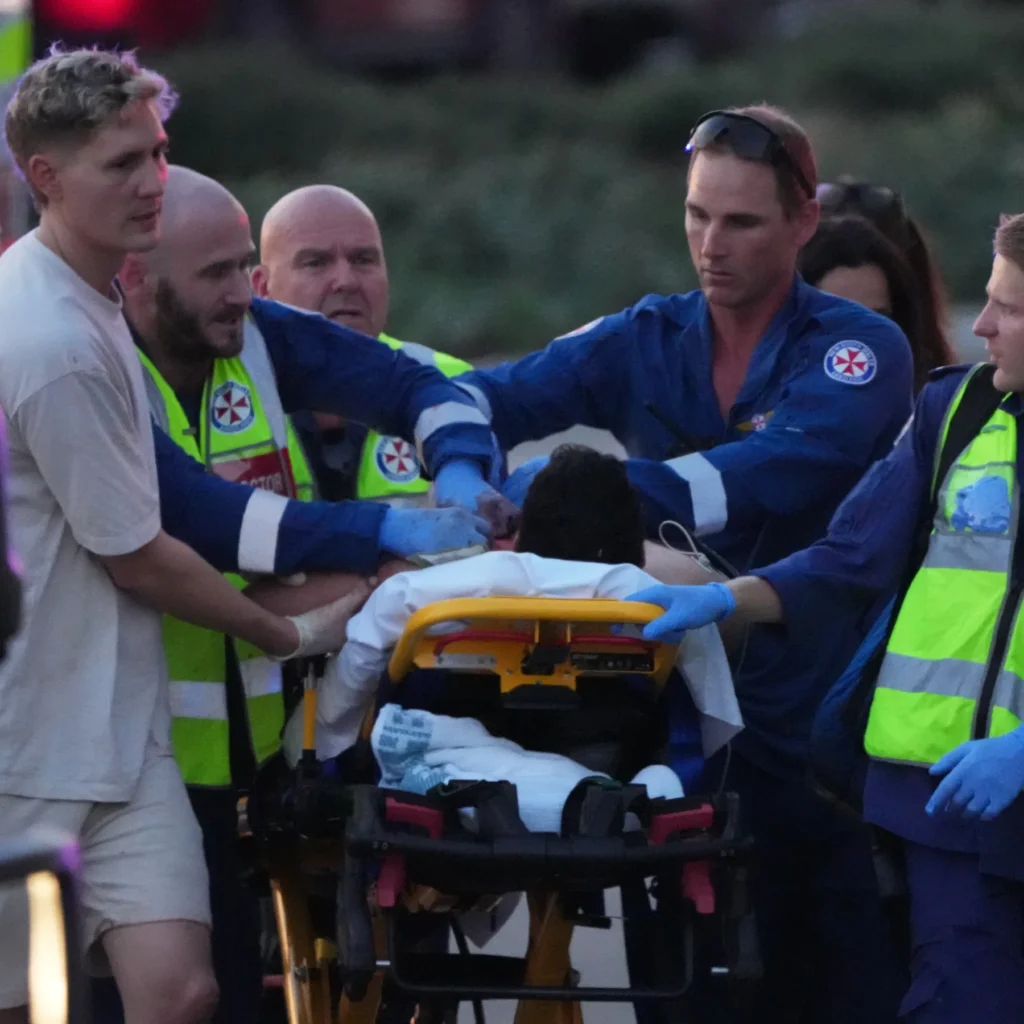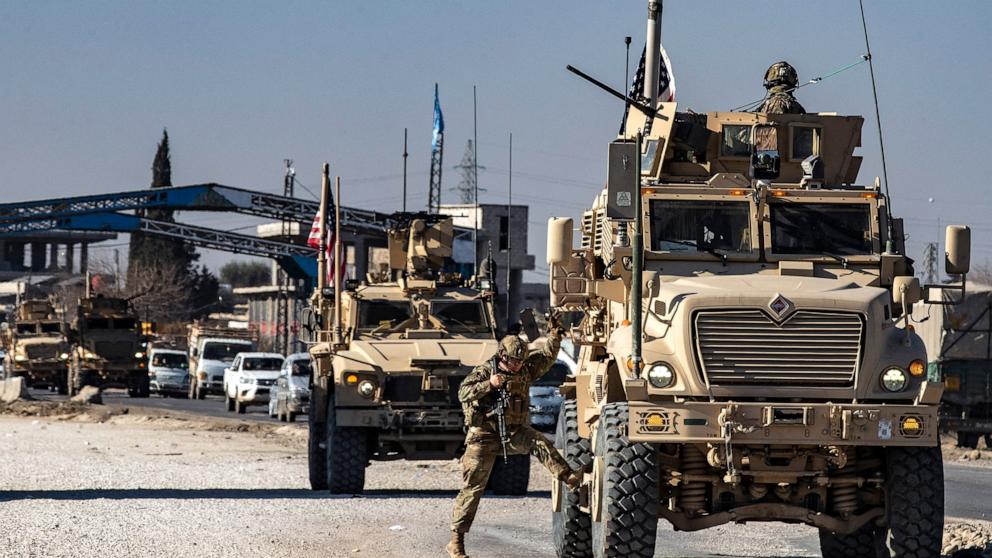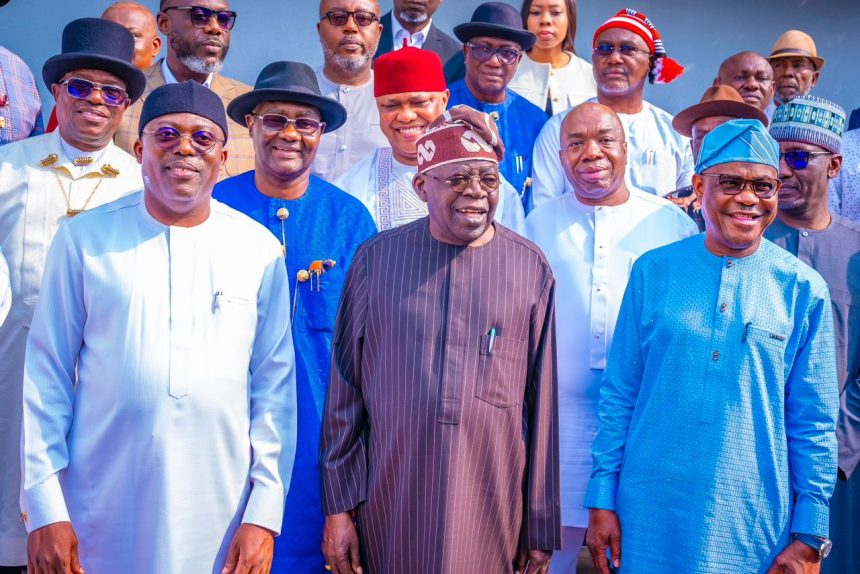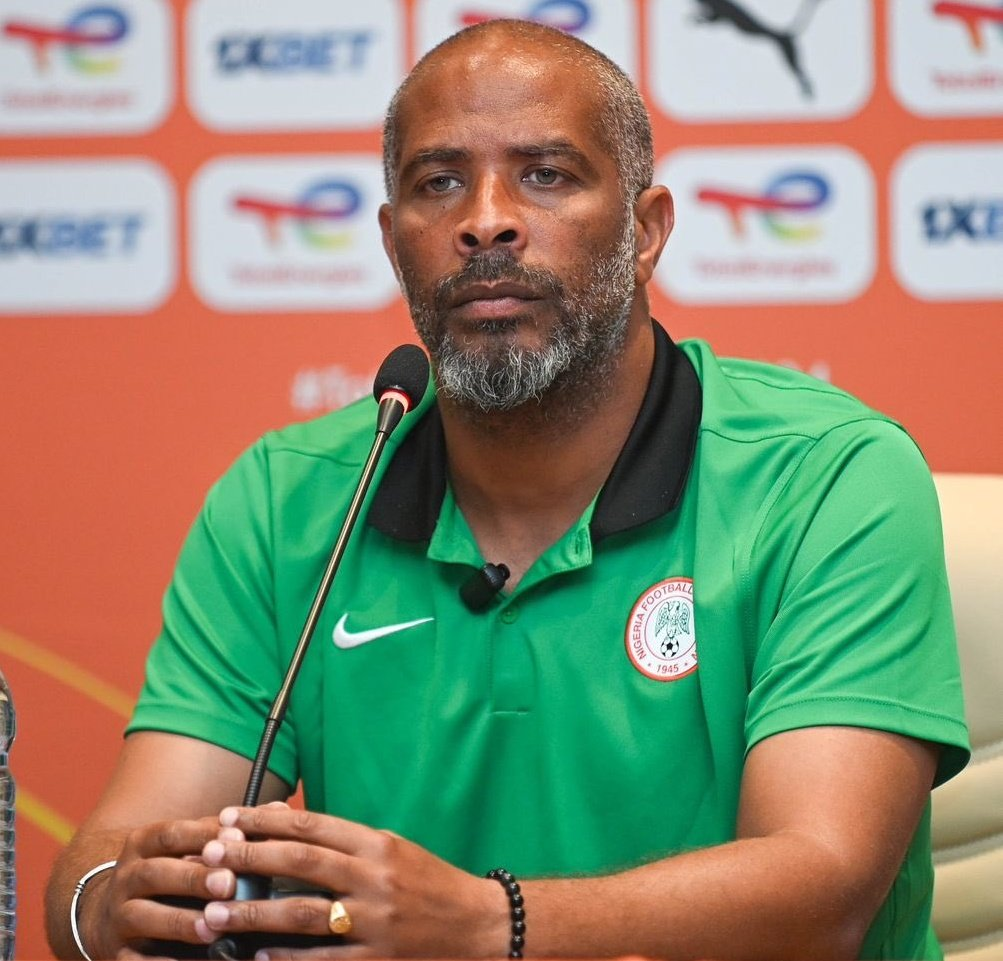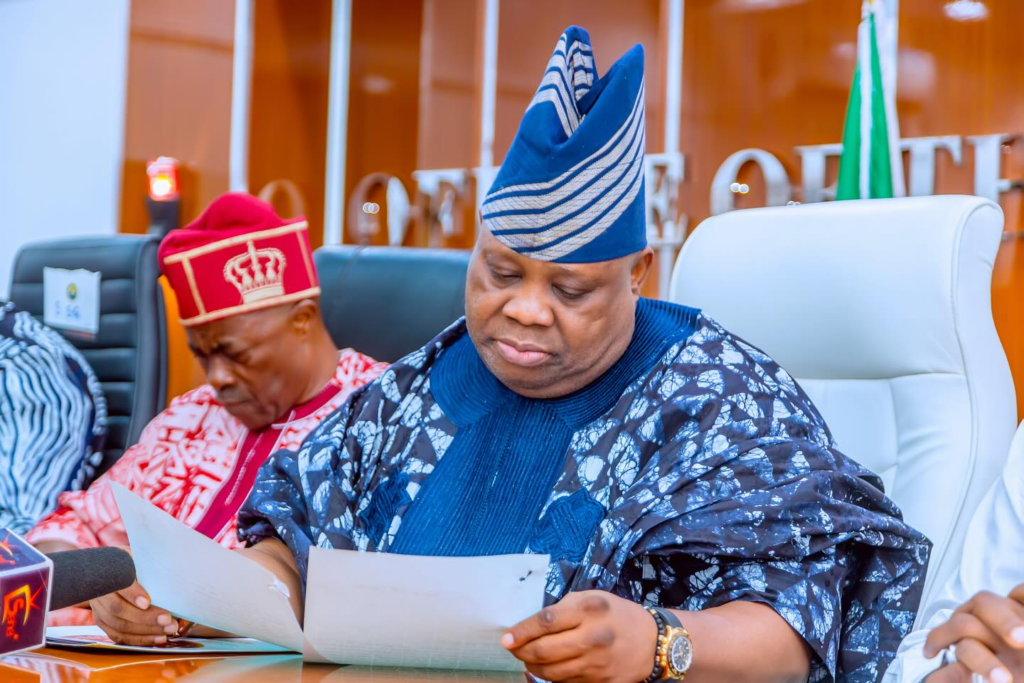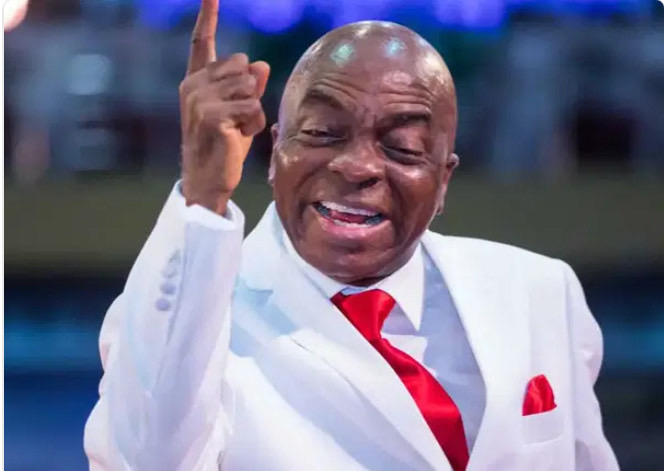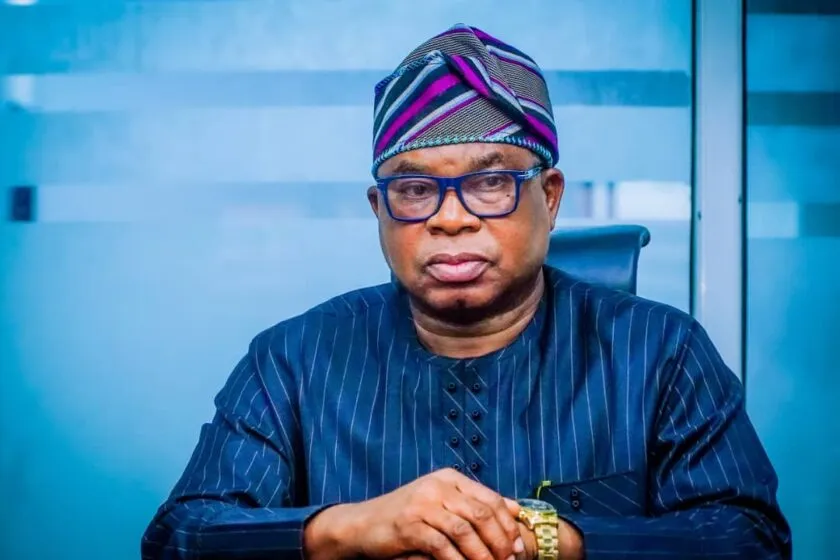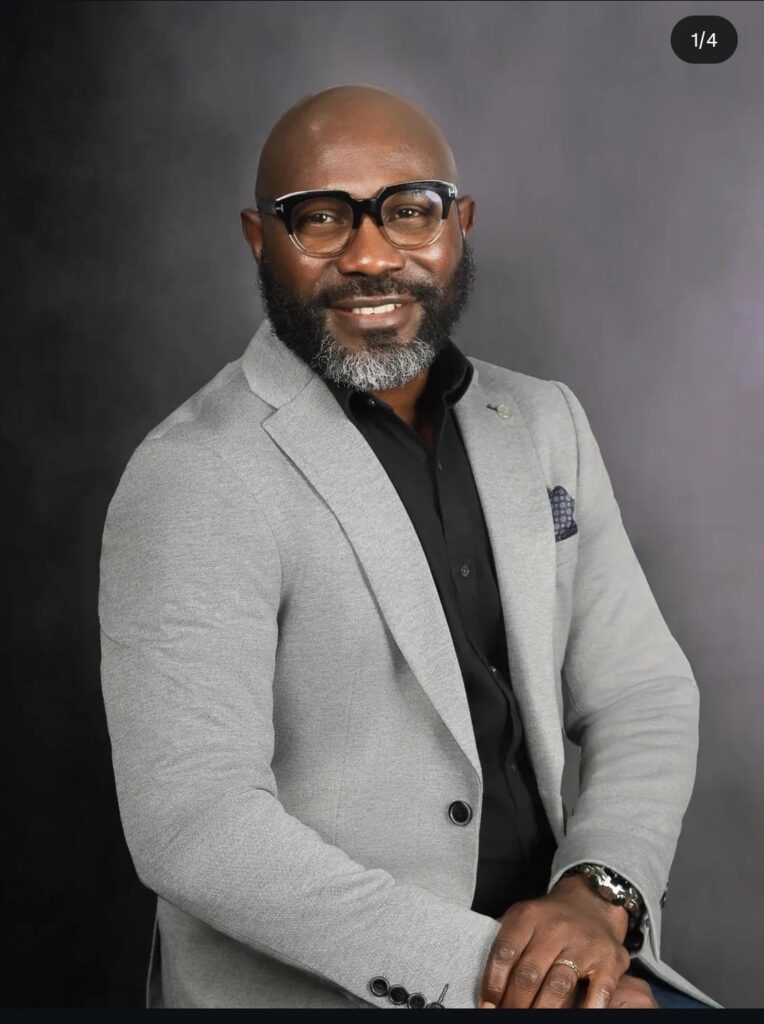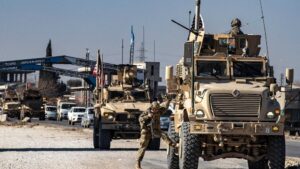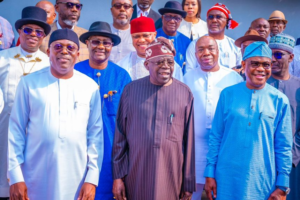The Ministry of Defence is offering soldiers to support armed police in London after dozens of Met officers stood down from firearms duties.
More than 100 officers have turned in permits allowing them to carry weapons, a source told the BBC. There are more than 2,500 armed officers in the Met.
Police said the action was being taken after an officer was charged with the murder of unarmed Chris Kaba, 24.
Met chief Sir Mark Rowley welcomed a Home Office review into armed policing.
A Met Police officer appeared in court on Thursday.
In a statement, the Met said some officers were “worried” about how the Crown Prosecution Service decision to bring a charge “impacts on them”.
One former officer – who left the Met’s specialist firearms command a few months ago – told BBC Radio 4’s Today Programme that the risk to officers and their families “is just too great”.
Speaking anonymously, he explained: “What is obvious to me, they are not acting out of anger or petulance.
“It’s not a co-ordinated protest. These are individuals with partners and families who are incredibly committed to their profession.
“They’re incredibly concerned it’s not worth it anymore.”
He added that it would be “a very sad day” for policing if armed troops were being forced to step in to help.
It comes after the MoD said it received a request – known as Military Aid to the Civil Authorities (MACA) – from the Home Office to “provide routine counter-terrorism contingency support to the Metropolitan Police, should it be needed”.
A MACA is offered to the police or the NHS in emergency situations – the military helped medical staff in the Covid pandemic and covered for striking border staff and paramedics last year.
The Met said it was a “contingency option” that would only be used “in specific circumstances and where an appropriate policing response was not available”.
Military staff would not be used “in a routine policing capacity”, it added.
On Saturday, the Met said its own officers still make up the vast majority of armed police in the capital but they were being supported by a limited number of firearms officers from neighbouring forces.
According to London Assembly figures, in April there were 2,595 authorised firearm officers in the Met Police.
It is a figure which has steadily decreased every year since 2018 when there were 2,841 licenced to carry a gun.
Announcing the review, Home Secretary Suella Braverman said the public “depend on our brave firearms officers to protect us”.
“In the interest of public safety they have to make split-second decisions under extraordinary pressures.”
She added that officers have her “full backing” and that she would do “everything” in her power to support them.
On Monday, the prime minister backed the home secretary’s review, adding that armed police need “clarity”.
Speaking in Hertfordshire, Rishi Sunak said: “Our firearms officers do an incredibly difficult job. They are making life or death decisions in a split-second to keep us safe and they deserve our gratitude for their bravery.”
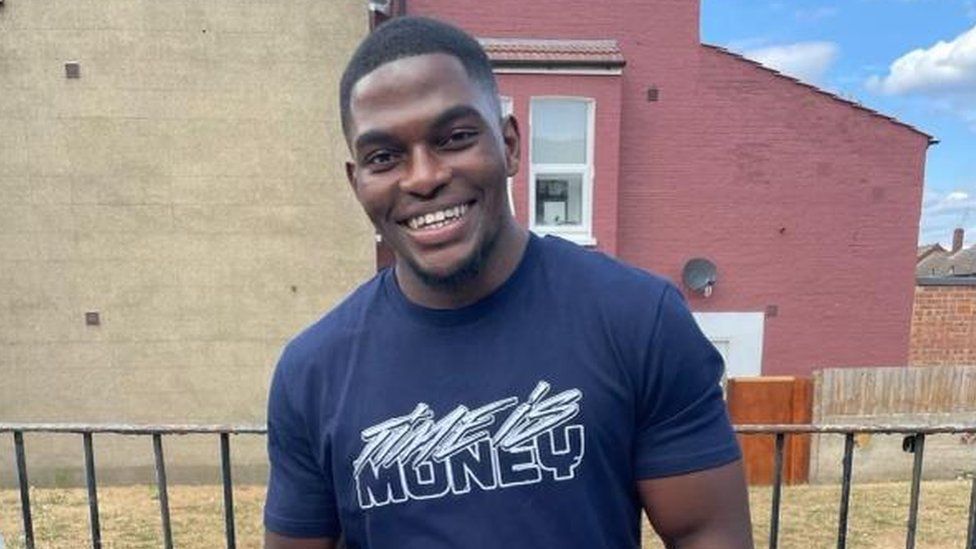
In his letter to the home secretary, the Met Police commissioner said that a system where officers are investigated for “safely pursuing suspects” should not have been allowed to develop.
Sir Mark said he would “make no comment” on any ongoing legal matters, but “the issues raised in this letter go back further”.
He suggested firearms officers are concerned that they will face years of legal proceedings, “even if they stick to the tactics and training they have been given”.
“Officers need sufficient legal protection to enable them to do their job and keep the public safe, and the confidence that it will be applied consistently and without fear or favour,” Sir Mark wrote.
But he argued that when officers act improperly, the system “needs to move swiftly”.
Former Greater Manchester Police chief constable Sir Peter Fahy said any review would “not be wide enough”, adding he believed there are issues around morale and how police prevent organised crime.
He told Today that there were often “issues about intelligence and information” when police responded to criminals suspected of having a firearm.
“It is part of a bigger picture where there is a huge level of discontent among ordinary police officers where there is a huge gulf between policing and the Home Office,” Sir Peter said.
“Officers feel a lot of the criticism is unbalanced, that they are underappreciated and that the media and politicians don’t understand the reality of day-to-day policing.”
Solicitor Harriet Wistrich represented the family of Jean Charles De Menezes, who was shot dead at Stockwell Tube station in 2005 by police who mistook him for a terror suspect.
She told Today that the law has been carefully considered and applied to cover everyone – including firearms officers.
“No one is above the law and neither should these officers be above the law,” Ms Wistrich argued.
“Many people have lost their lives at the hands of police and there is virtually never a prosecution.”
She suggested extremely careful consideration should be taken when officers are given “the power to essential take somebody’s life”.
The solicitor added: “Officers who put themselves forward to perform this role have to know they have to perform it with great care because ultimately a life can be lost.”
According to Home Office figures, between March 2022 and March 2023 the Met Police took part in 18,395 firearms operations – accounting for 20% of all firearms operations in England and Wales.
In that time, there were only 10 incidents across England and Wales when an officer opened fire at a person, the figures show.
On 5 September 2022, Mr Kaba was fatally hit by a gunshot fired by a Met Police officer into the vehicle he was driving in Streatham, south London.
The construction worker, who was months away from becoming a father when he was shot, died in hospital the following day.
It later emerged the Audi Mr Kaba was driving, which did not belong to him, had been linked by police to a gun incident the day before.
His death prompted a number of protests.

